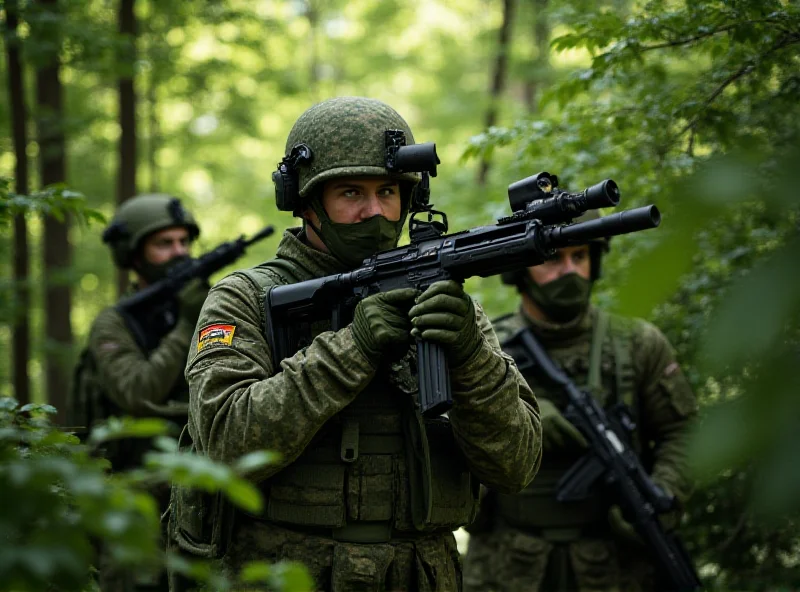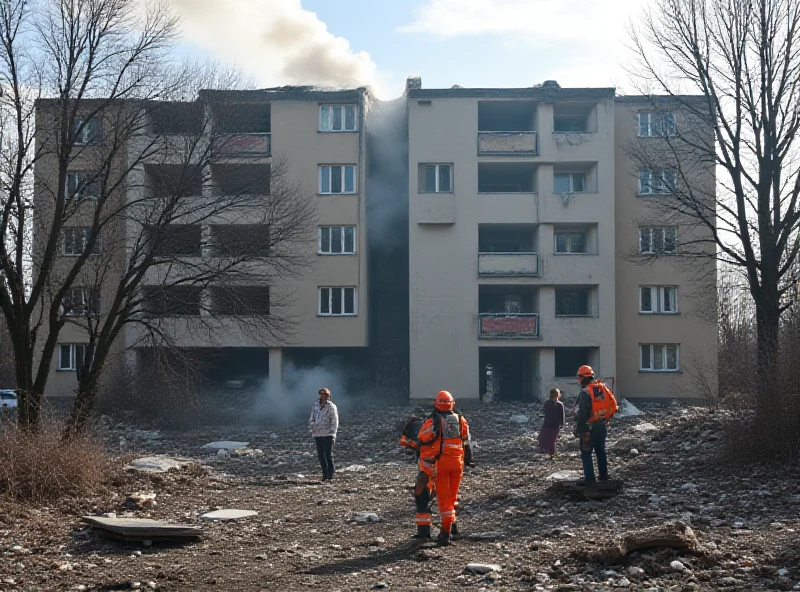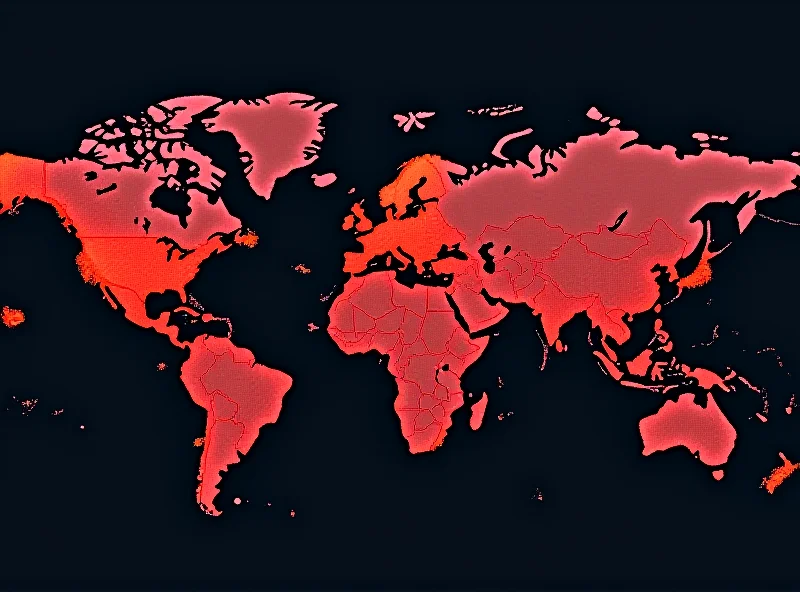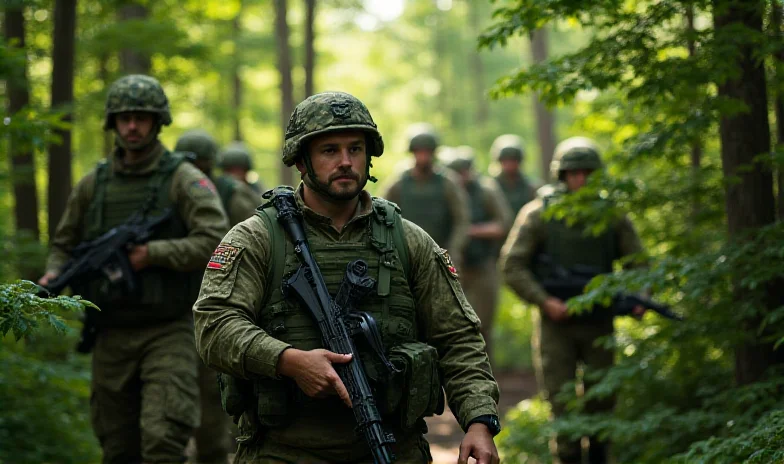The geopolitical landscape in Eastern Europe remains fraught with tension as Russia's aggression in Ukraine continues and concerns about potential wider conflict involving NATO escalate. Recent events highlight the precariousness of the situation, from chilling threats issued by Russian allies to the vital strategic importance of key territories.
Gotland: A Strategic Flashpoint
The island of Gotland, strategically located in the Baltic Sea, is increasingly seen as a crucial point of contention. "Whoever controls Gotland controls the Baltic Sea," experts say, underscoring the island's significance in any potential conflict. Swedish forces are actively preparing for a possible confrontation with Russia, recognizing the island's vulnerability in the context of potential Russian aggression against NATO. The heightened military presence and ongoing training exercises reflect a growing awareness of the need to defend this vital territory.

Ukraine's Nuclear Past and Present Vulnerabilities
The ongoing conflict in Ukraine has brought renewed attention to the country's decision to relinquish its nuclear arsenal in the aftermath of the Soviet Union's collapse. Once the world's third-largest nuclear power, Ukraine chose disarmament, motivated by financial and geopolitical considerations. The Budapest Memorandum of 1994, signed by the UK, Russia, and the US, provided security assurances in exchange for this disarmament. However, Russia's annexation of Crimea in 2014 shattered these guarantees, exposing Ukraine's vulnerability in the face of continued Russian aggression. This decision continues to be debated, with some arguing that maintaining a nuclear deterrent could have prevented the current conflict.
Escalating Violence and Grim Warnings
The human cost of the conflict continues to mount. Recent reports detail a Russian missile strike on Kryvyi Rih, Ukrainian President Volodymyr Zelensky's hometown, resulting in eight deaths. Humanitarian workers from the UK and US narrowly escaped death during the attack, highlighting the indiscriminate nature of the violence. An aid worker, Karol Swiacki, recounted his experience, stating he and his friends were "lucky to be alive."

Adding to the sense of unease, a Russian ally of Vladimir Putin allegedly issued a chilling threat against the UK, suggesting that British troops would be used to "fertilise soil with British blood." This statement, described as a "horror WW3 warning," underscores the escalating rhetoric and the potential for further escalation. Such pronouncements serve to heighten anxieties about a broader conflict and the devastating consequences it could entail.

As the conflict continues, the international community remains on high alert, grappling with the complex challenges of balancing support for Ukraine with the need to prevent a wider, more catastrophic war. The situation demands careful diplomacy and a commitment to de-escalation to avoid further bloodshed and instability.
